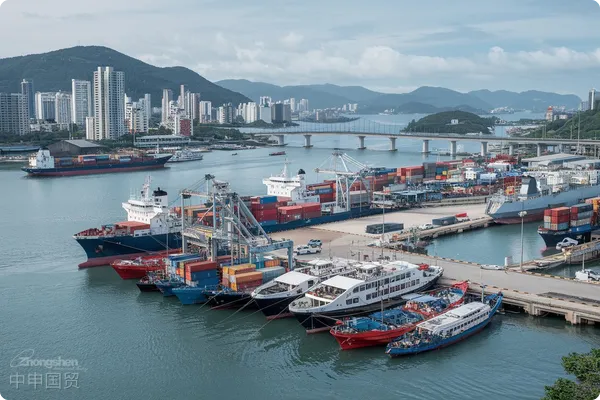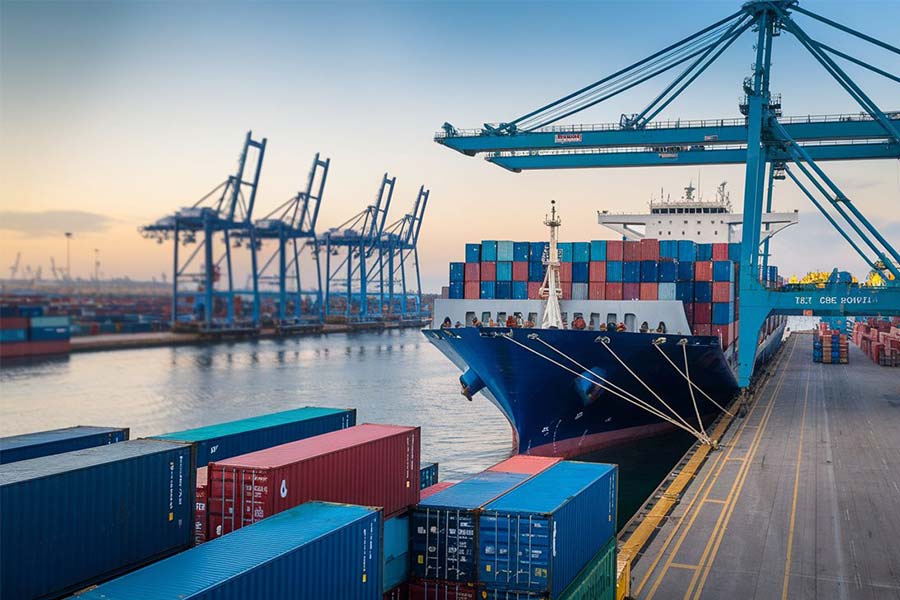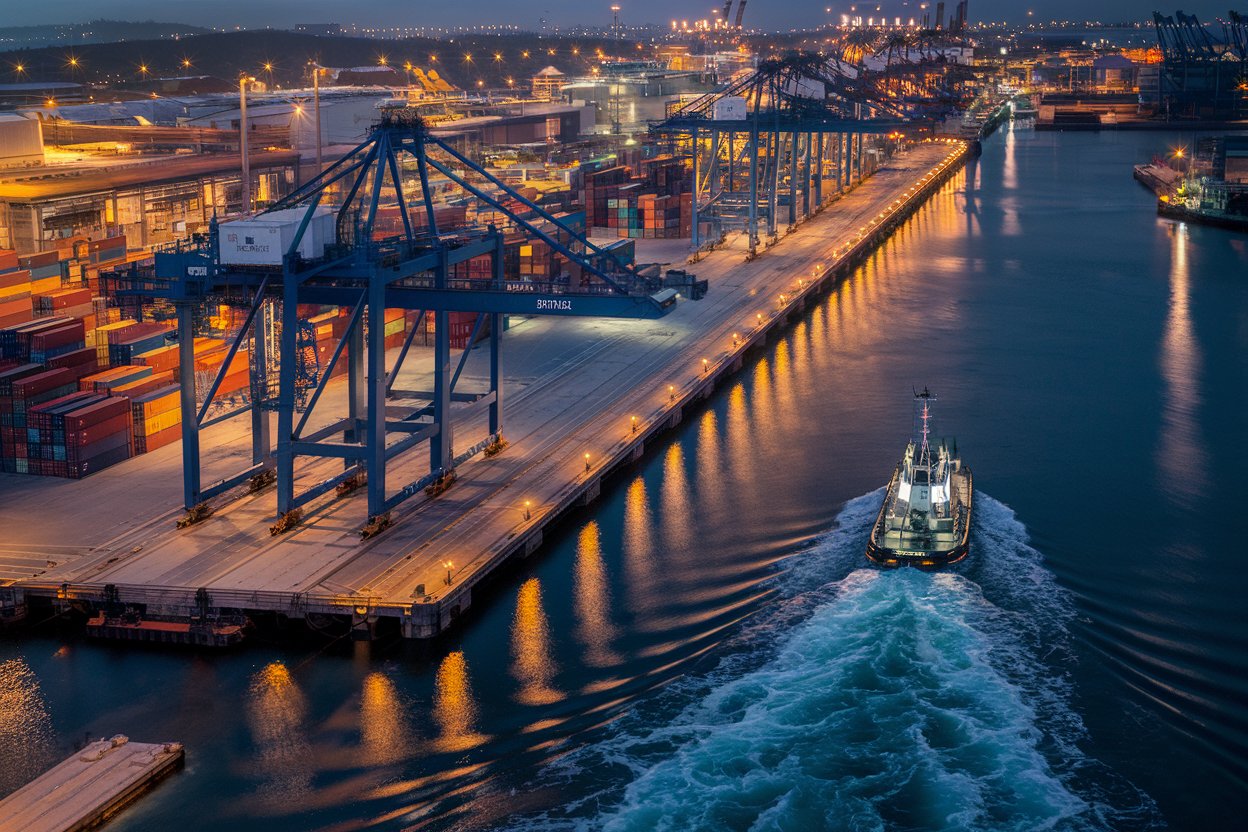- Shanghai Zhongshen International Trade Co., Ltd. - Two decades of trade agency expertise.
- Service Hotline: 139 1787 2118

Contents
ToggleMarket Status and Industry Pain Points
According to the latest data from the Japan Health Industry Association in 2025, the compound annual growth rate of hydrogen-rich water equipment in the Asia-Pacific region has reached 17.3%, with Japanese and Korean brands occupying 82% of the market share. However, there are three major issues commonly encountered during the import process:Customs Classification Disputes(39% of enterprises experience port delays),Differences in Certification Standards(52% of products require secondary modifications),Lack of Transportation Standards(28% of equipment experiences damage to electrolysis modules).
Key Link Risk Analysis
- Classification dispute
- Common Misdeclarations: 8516.79 (Other Electric Heating Appliances) and 8424.89 (Liquid Processing Devices)
- Recommended Correct Classification: Prioritize 9021.10 (Medical Water Treatment Equipment) or 8421.21 (Water Purification Devices)
- Certification Barriers
- Comparison Between Japanese JIS S 3303 and Domestic GB 4706 Standards
- Synchronized Certification Requirements for Electrolysis Efficiency Test Reports and Health Permits
- Logistics Pain Points
- Anti-Shock Transportation Standards for Electrolysis Modules (G-value ≤0.5)
- Temperature Control Range (15-25℃) Management Plan for Hydrogen Storage Tanks
Professional Agency Service Value Matrix
- Risk prediction systems
- Pre-Review of Equipment Parameters (PH Value Range/Hydrogen Production/Electrode Material)
- Tariff Reduction Path (Rules of Origin Accumulation Under the RCEP Agreement)
- Compliance Acceleration Channel
- Fast-Track Certification Mutual Recognition Among China, Japan, and South Korea
- Special Articles Health Quarantine Pre-Approval Mechanism
- Cost optimization model
- Combined Transportation Solution (Air TransportationCore Components +Maritime TransportationAuxiliary Components)
- Tariff Guarantee Insurance Alternative to Deposit Mode
Comparative analysis of typical cases
A beauty equipment companys first import of Korean hydrogen-rich water equipment encountered:
- Self-Customs Clearance Team: Due to the PH test report not including electrode attenuation data, resulting in 2 months of port detention, generating additional storage fees of ¥37,600
- Professional agency group: Early identification of certification gaps, through the mutual recognition mechanism between Korean KATS and domestic CNAS, completed document rectification within 7 working days
Service Selection Evaluation Criteria
- MedicalEquipment ImportsSuccessful case filings ≥50 cases
- Local inspection teams in Japan and Korea
- Customs clearance time guarantee clause (daily compensation for delays)
- Crisis response time ≤2 hours
Notable new industry regulation: Starting from January, 2025, the Hydrogen Health Product Import Hygiene Standard requires all water storage containers to provide72-hour bacterial colony count monitoring report, which creates new technical barriers for traditional traders. It is recommended that enterprises focus on evaluating biological safety testing resource integration capabilities when selecting agency services.
Related Recommendations
? 2025. All Rights Reserved. Shanghai ICP No. 2023007705-2  PSB Record: Shanghai No.31011502009912
PSB Record: Shanghai No.31011502009912










